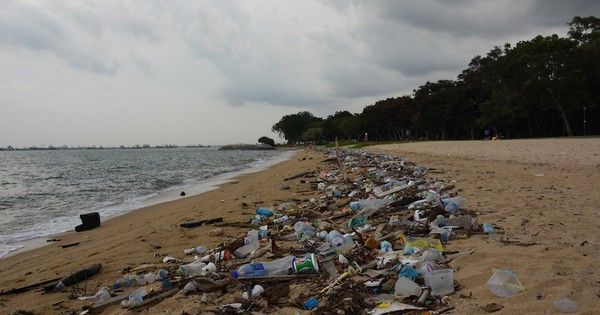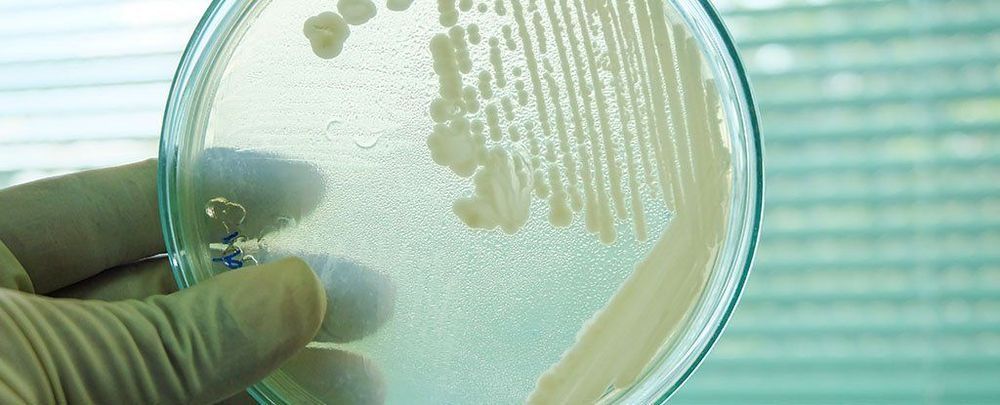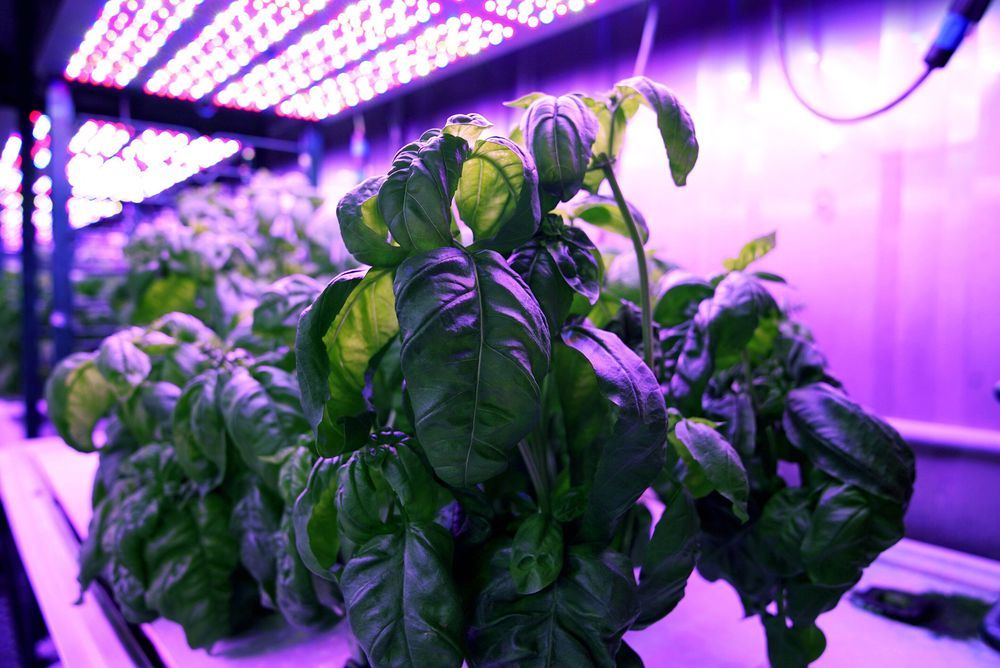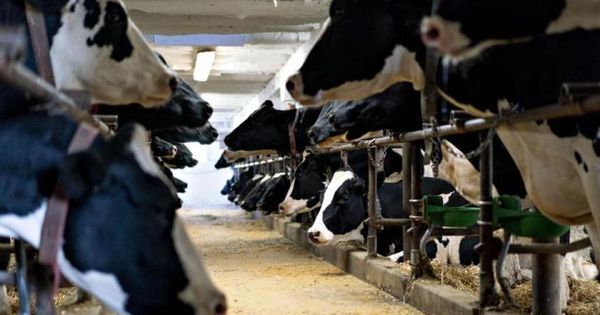It’s the first-ever quantification of the damage caused by plastic pollution on a global scale.
Global plastic pollution and the damage it causes to marine ecosystems now has a price tag attached to it. A team of researchers from the UK and Norway analyzed the many ways in which plastic pollution damages or destroys natural resources, and came up with a staggering figure – $2.5 billion – as the annual cost to society.
Much of our current understanding about plastic pollution is on a local level that cannot be interpreted easily on a global scale; and yet, this is a global threat. An estimated 8 million tons of plastic enter the oceans annually, and because of its material persistence and ability to disperse widely, must be viewed from a broader perspective if we hope to tackle it effectively. The researchers, whose study was just published in Marine Pollution Bulletin, looked at the many ways in which marine ecosystems benefit the planet, including food provision for billions of people, carbon storage, waste detoxification, and cultural benefits (recreational and spiritual). When these benefits are threatened by the presence of plastic, it “has the potential to significantly impact the wellbeing of humans across the globe, owing to the loss of food security, livelihoods, income and good health.”








